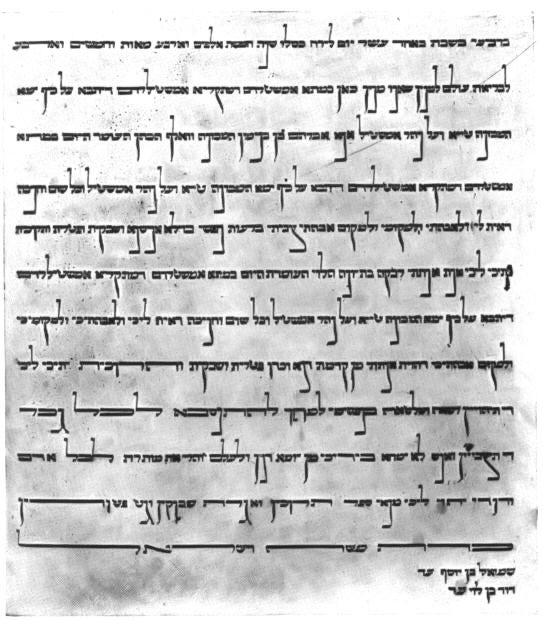Does God Hate Divorce?
Learn what the Bible ACTUALLY says...
A while back, I had an Instagram video about the mistranslation of Malachi 2:16 that went relatively viral, at least for my content. With that, I’ve received hundreds of comments from women and men who are so grateful for this clarity. I’ve also received critical feedback and severe accusations against me. I wanted to respond to two parts of the accusations.
First, the Hebrew grammar of Malachi 2:16 and why the phrase “God hates divorce” is inaccurate from an exegetical standpoint in my opinion, based on Hebrew grammar supported by ancient sources.
Second, why this clarification is a distinction WITH a difference. In other words, it has real-life applications and consequences for men and women in destructive and dangerous marriages.
It truly is an honor to walk alongside you as we both strive to better understand and interpret the text.
(Source: From Bod…



